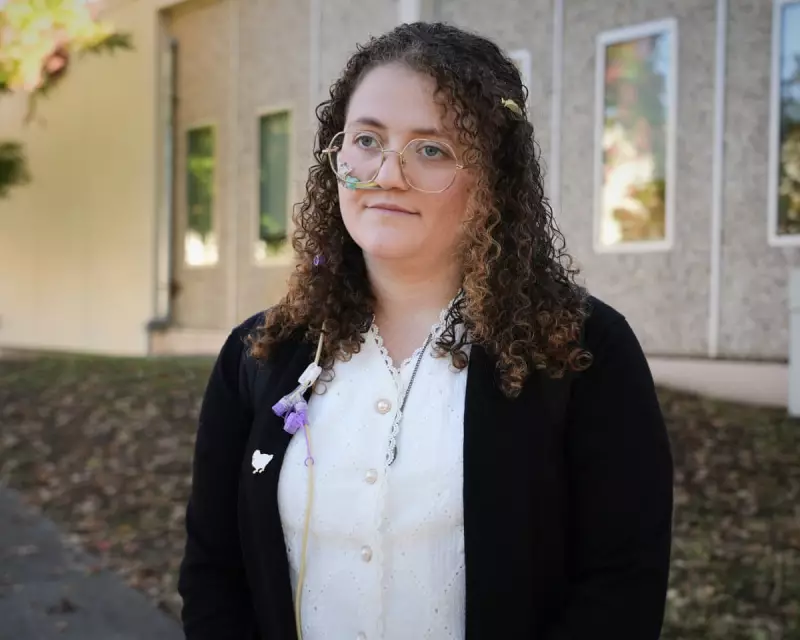
In a stunning verdict that has sent shockwaves through the animal welfare community, Zoe Rosenberg, the prominent founder of Happy Hen Animal Sanctuary, has been found guilty on multiple counts of animal cruelty.
The Case That Divided Animal Advocates
The 21-year-old activist, once celebrated for her vocal advocacy and social media presence, now faces potential prison time after a California jury delivered its verdict following an emotional three-week trial. The case centred on conditions at her Santa Barbara County farm, where prosecutors alleged hundreds of chickens suffered from neglect and inadequate care.
From Animal Saviour to Defendant
Rosenberg had built a substantial following as a teenage animal rights activist, establishing Happy Hen Animal Sanctuary in 2016 and attracting celebrity support and media attention. Her social media platforms showcased rescued chickens living what appeared to be idyllic lives, creating an image that starkly contrasted with the reality uncovered by investigators.
Prosecutors presented compelling evidence during the trial, including:
- Photographs showing severely overcrowded conditions
- Veterinary reports documenting malnourished and injured birds
- Testimony from former volunteers describing inadequate medical care
- Evidence of dead chickens left among the living
The Defence's Argument
Rosenberg's legal team argued that she was an overwhelmed young activist who had taken on more animals than she could properly care for, rather than someone intentionally causing harm. They emphasised her youth and claimed she was a victim of her own ambition to save as many animals as possible.
"This is a tragic case of good intentions overwhelmed by scale and inexperience," her defence attorney told the court.
Broader Implications for Animal Sanctuaries
The verdict raises important questions about the regulation of animal rescue operations and the challenges facing well-intentioned but potentially under-resourced sanctuaries. Animal welfare experts suggest the case highlights the need for:
- Better oversight of animal rescue organisations
- Clearer standards for sanctuary operations
- More robust support systems for young activists
- Regular independent inspections of rescue facilities
Fallout and Sentencing
Rosenberg, who showed little emotion as the verdict was read, now awaits sentencing scheduled for December. She faces up to three years in prison, though legal experts suggest probation is more likely for a first-time offender.
The case has divided the animal rights community, with some seeing Rosenberg as a well-meaning activist who became overwhelmed, while others view the conditions at her sanctuary as a betrayal of the movement's core principles.
As one animal welfare advocate noted: "This case serves as a sobering reminder that compassion alone isn't enough - proper care, resources, and management are essential in animal rescue work."





